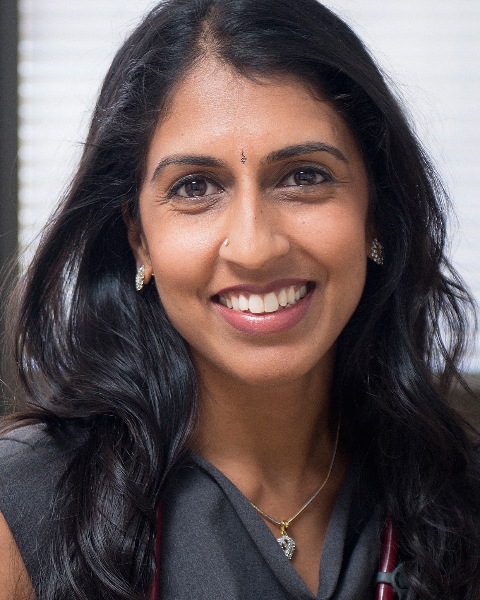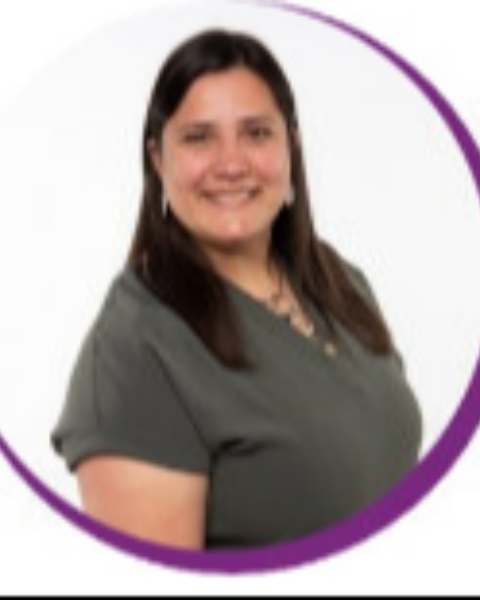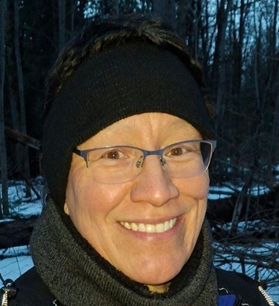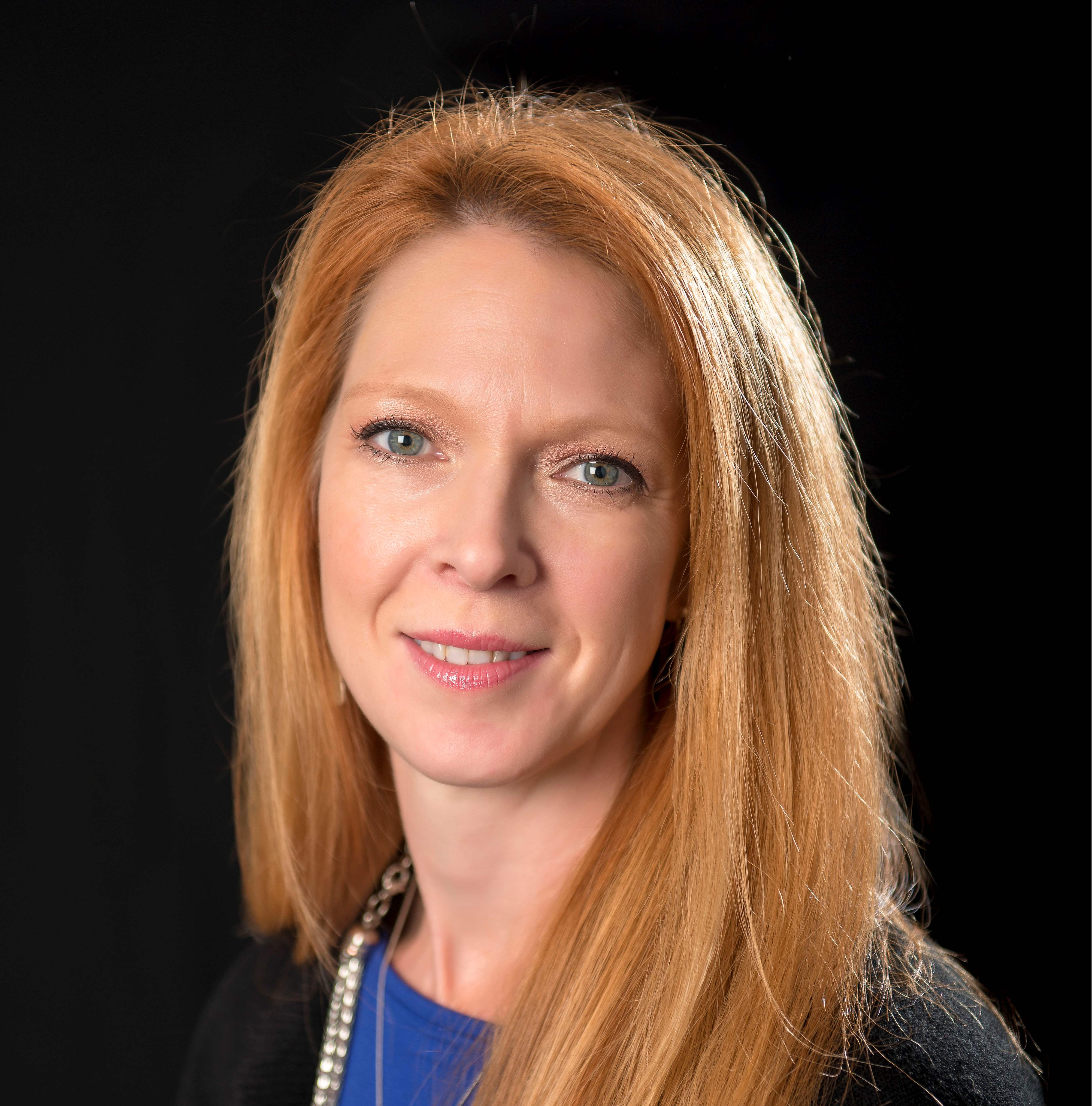Concurrent Abstract Submission
Care integration and coordination across systems, communities, organizations, and/or services (e.g., innovative service models)
Exploring integrated tertiary care for children from Nunavut: Experiences of families and heathcare providers at the Aakuluk clinic in Ottawa, Canada
Tuesday, April 15, 2025
10:30 AM - 11:30 AM EDT
Location: Governor General 1

Radha Jetty, MD, FRCPC
Pediatrician
CHEO
Chantal Dass
CHEO


- AT
Presenter(s)
The Aakuluk clinic in Ottawa, Canada, provides culturally safe, centralized care for children from Nunavut who must travel for specialized treatment. This study evaluates the clinic's innovative care model, focusing on its potential for replication in other tertiary care centers. Forty-two participants, including parents and healthcare providers from Nunavut and Ottawa, took part in interviews. The study found strengths in interdisciplinary collaboration, cultural representation, and integration of community support. Suggested improvements included better communication, continuous cultural training for providers, and enhanced support for patient care. The results contribute to developing culturally safe care models for Inuit children traveling for healthcare and can inform similar services in other regions. The project was conducted with input from Indigenous community partners and approved by relevant ethics boards.
Learning Objectives:
- Describe the strengths and challenges of a novel clinic designed to meet the unique needs of Inuit children from Nunavut.
- Define the unique needs of Inuit children from Nunavut with medical and social complexity who are placed in medical foster care in the Ottawa region.
- Demonstrate an understanding of the challenges that Inuit children and families from Nunavut face when they are temporarily displaced in Ottawa to access healthcare for complex medical conditions
